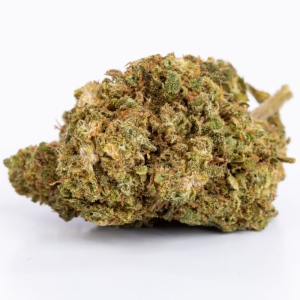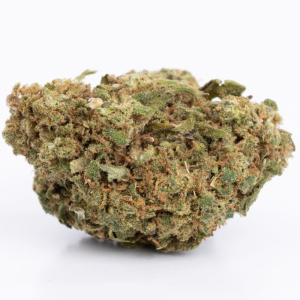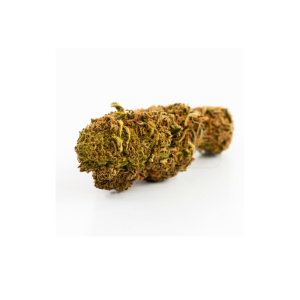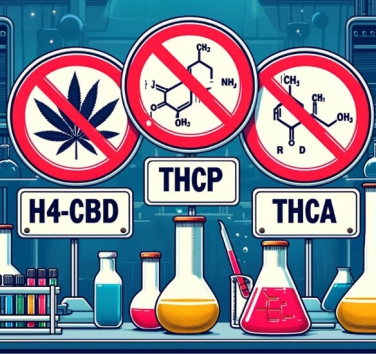Medical cannabis: what results after three years of testing?
In 2021, France launched an experiment with medical cannabis to treat five pathologies, according to the indications of the National Agency for the Safety of Medicines and Health Products (ANSM): neuropathy, multiple sclerosis, epilepsy, cancers and spasticity.
For this test phase, more than 3,000 patients said to be in “therapeutic impasse”, that is to say for whom conventional treatments are ineffective or cause undesirable effects, were selected on a voluntary basis.
After three years, the ANSM presented its report to the government, and the results are very promising. For example, before starting cannabis treatment, 79% of neuropathy patients complained of severe, even “unbearable” pain, in their words.
After just three months of treatment, this figure was only 29%. Additionally, half of the patients reported that the pain had become moderate.
Professor Nicolas Authier, president of the temporary scientific committee for monitoring the experimentation of cannabis for medical use at the ANSM, was delighted: “For around 40% of patients, the treatment allowed relief and a significant improvement in quality of life. »
Medical cannabis in France: authorization issued on December 31, 2024?
The ANSM announced that cannabis-based medicines will be available in 2025, subject to obtaining authorization by December 31, 2024.
The agency also extended the experiment, which was to end at the end of March 2024. It specifies: “Patients admitted before March 27, 2024 will be able to continue their treatment with medical cannabis with the monitoring of their doctor. However, no new patients will be accepted after this deadline.
Moreover, the ANSM announced that medications in the form of cannabis flowers (to be inhaled) will be withdrawn from testing in the coming weeks. Doctors are therefore invited to stop gradually prescribe them. Other forms of cannabis-based medicines, such as oils and tablets, remain available and are expected to represent the bulk of authorized medicines, where applicable.
Cannabis-based medicines: challenges persist
The accessibility of cannabis-based medicines is threatened by two major obstacles: some believe that the test results are still too fragile, while many professionals do not wish to be trained in medical use of cannabis, as they associate it with a street narcotic.
“Even though we have trained more than 2,000 health professionals, cannabis still scares people. However, its intake is no more restrictive than that of sleeping pills or anxiolytics,” underlines Nicolas Authier.
Since the legalization of medical cannabis in Canada six years ago, 40 countries have changed their laws to allow the medical use of cannabis, including 21 in Europe. « Why not France?,” asks Professor Authier.
On the other hand, for marketing, it will be necessary to set the price of these treatments. “The price must be affordable for patients and insurance companies, but high enough to remunerate producers and distributors”, explains Pierre-Yves Geoffard, health economist. The High Authority of Health will rule on this point in the coming months, probably from the start of the school year, and will perhaps open the way to full reimbursement by Social Security, as is the case today within the framework of experimentation.















